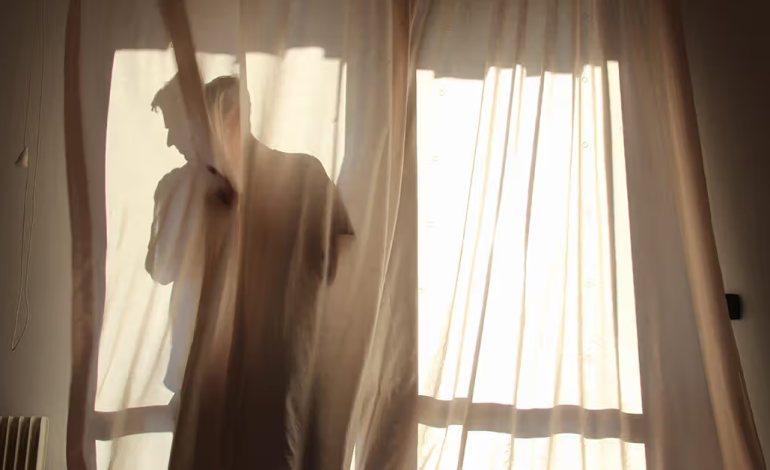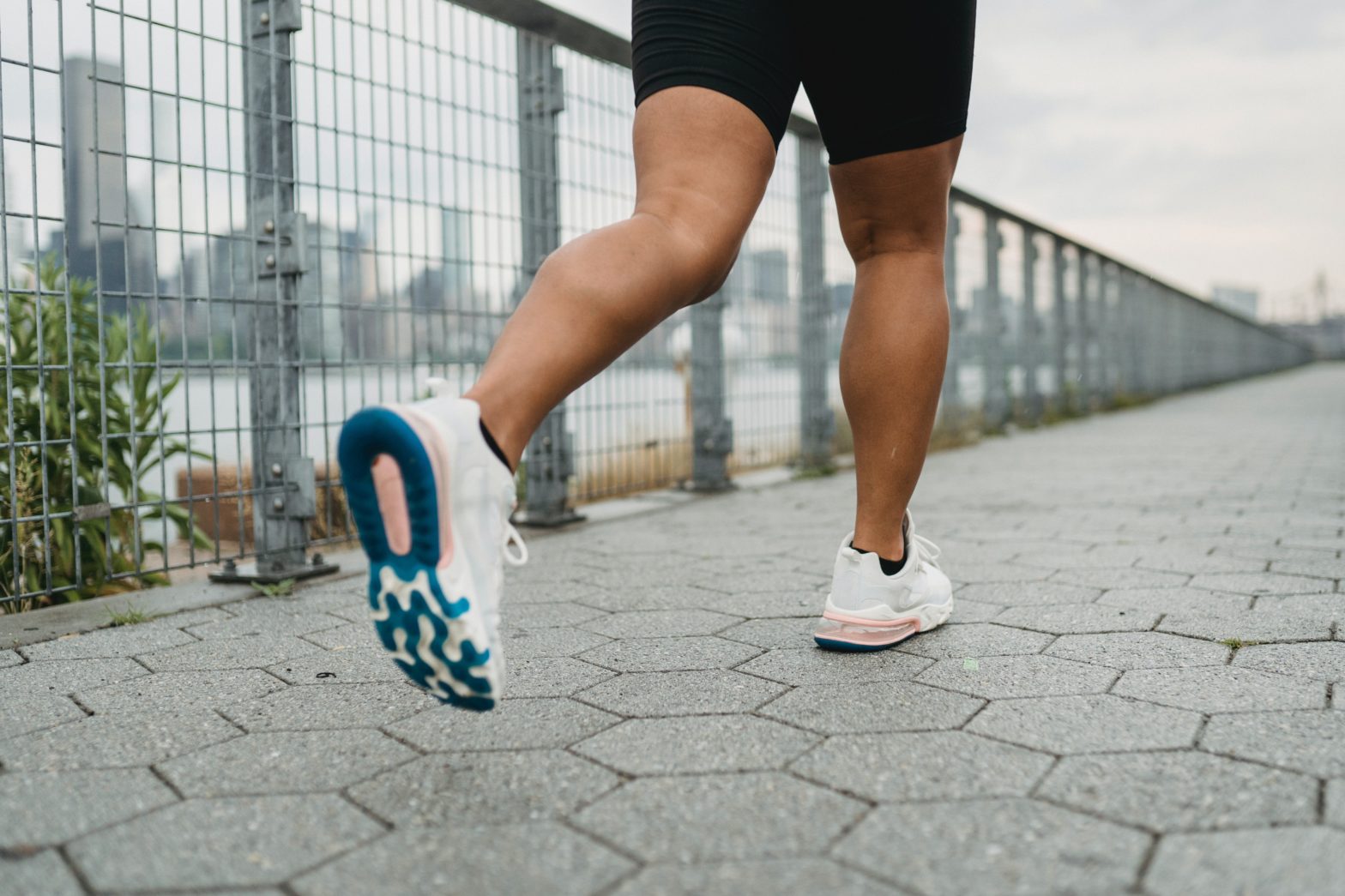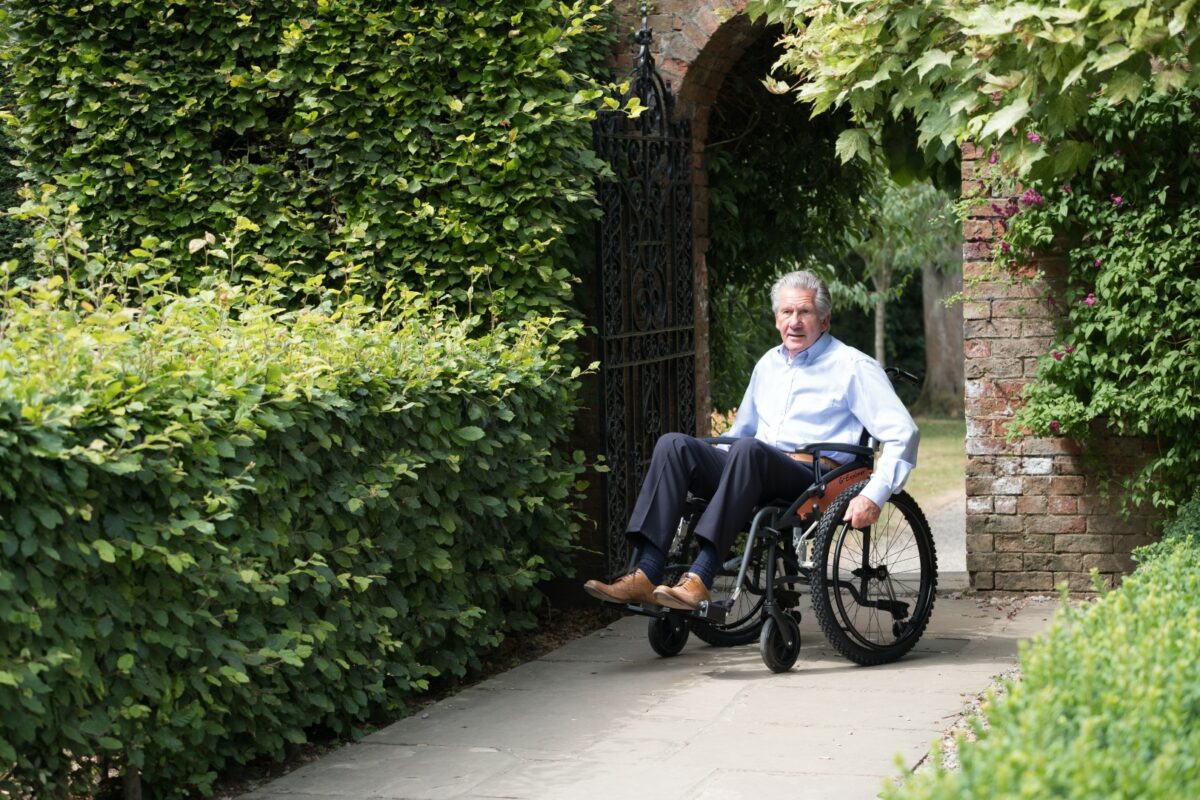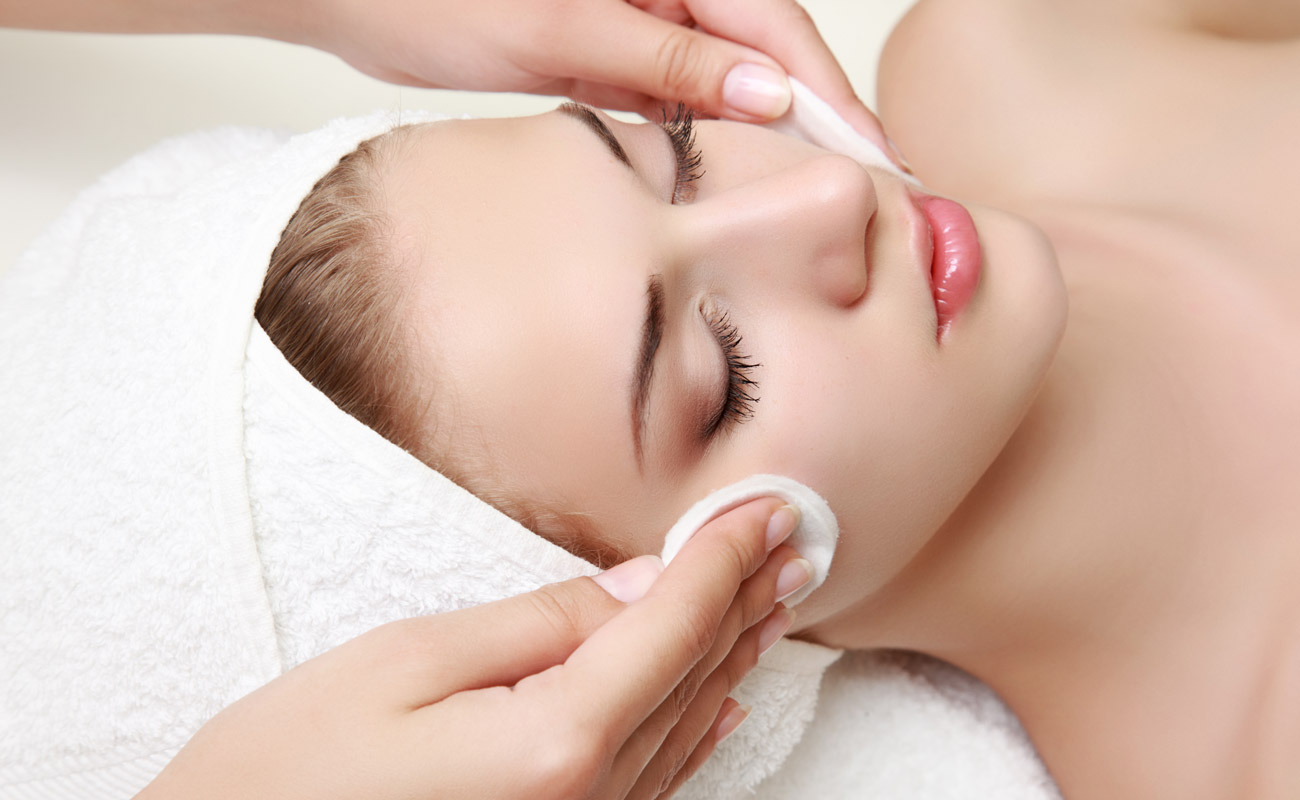
In the old days, mental illness or mental health problems often were seen as weakness or something embarrassing to be talked about. In the modern world, mental health has been acknowledged to be part of health and many more people are open to talk about it. Having good mental health is as important as having good physical health. You should ask a doctor if you start to notice there are changes to your health. In this article, we will learn about agoraphobia and its treatment.
Agoraphobia is the anxiety that occurs when one is in a public or crowded place, from which a potential escape is difficult or help may not be readily available. It is characterised by the fear that a panic attack or panic-like symptoms may occur in these situations. Individuals with agoraphobia typically avoid situations or locations. Agoraphobia is estimated to affect approximately 1.7% of the general population. Most cases are presented before the age of 35.
Many people may assume that agoraphobia is simply fear of open spaces but it is more than that. Someone with agoraphobia may be scared of travelling on public transport, being in enclosed spaces such as theatre, standing in line and visiting shopping centres. Tactically, people with agoraphobia often are so scared of leaving their home and choose to just stay home most of the time.
Someone with agoraphobia will always find themselves in stressful situations. This alone will lead to symptoms of panic attack such as rapid heartbeat, rapid breathing, feeling sick, nauseous or sweaty. Due to the fact that the symptoms caused by the stressful situations are very uncomfortable, people with agoraphobia will avoid situations that cause all these anxiety symptoms. Hence, they may order things such as groceries online rather than walking into the supermarket. This change in behaviour is known as avoidance.
Symptoms are almost always triggered by the same situations, Symptoms also are out of proportion to the actual danger which public always think that reasons for people with agoraphobia avoid the places or situations is illogical. What makes agoraphobia different than those who do not have it but choose to stay home is the fact that symptoms can definitely cause significant distress and impaired their function to perform many daily life activities as people with agoraphobia tend to avoid doing things in situations or locations that can trigger their anxiety symptoms.
Since diagnosis can be difficult, most people tend to not come to the doctor for the fear of being ridiculed or because thinking it is a small matter. It is important for those experiencing such symptoms to get checked by a doctor or directly by a psychiatrist or psychologist. Diagnosis is made based on the history of agoraphobia itself and from description from both patients and those living with them such as family and friends. Symptoms should not be better explained by other psychiatric diagnosis or general medical conditions.
Treatment aimed to make the person with agoraphobia feel better and to function in their life. The outcome of the treatment usually depends on the severity of the agoraphobia. Treatment ranges from medication such as antidepressant and anti-anxiety to therapy such as cognitive behavioural therapy. Exposure therapy is said to be the most effective one as it helps more than 90% of people with agoraphobia. This specific therapy emphasises on exposing the person to the source of the panic itself by gradually exposing the person to the fear until anxiety falls. In severe cases of agoraphobia, a combination of medication and therapy can be very helpful.
Apart from medication and therapy, it is important for those with agoraphobia to make lifestyle changes. This may help to further mitigate the symptoms and in general improve their health condition both physically and mentally. Patients also may want to try using self-help techniques to help them stay grounded during panic attack or anxiety symptoms. This can be done by focusing on something that is visible and non-threatening and do a slow deep breathing.
It can be concluded that agoraphobia is part of the vast of many mental health disorders. It is characterised by the fear, anxiety or avoidance of certain situations or locations. Agoraphobia symptoms revolve around anxiety or panic attack that can be very debilitating to their life as it can interfere with their quality of life. It is important for those with agoraphobia to get the needed treatment as to leave it untreated, especially simply avoiding the triggers can restrict a person’s life. In severe cases, it can cause a person to become completely home-bound and dependent on others for anything that requires leaving the home. This also may lead to self-medication with non-prescription medications or substance abuse. Agoraphobia is associated with an increased risk for developing major depressive disorder, persistent depressive disorder and substance use disorders.








